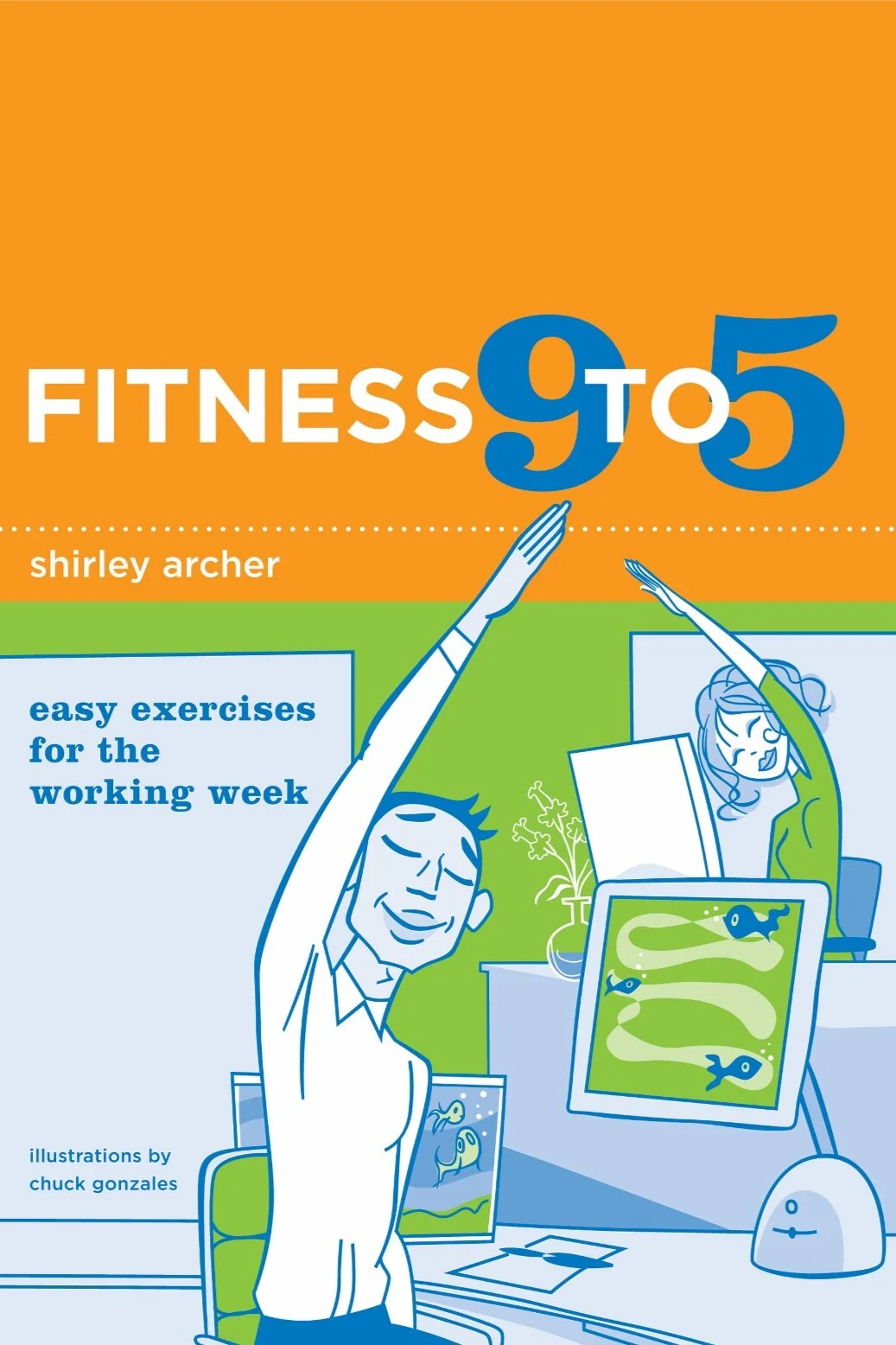WHY DOES SELF-COMPASSION MATTER?
EVIDENCE BASED
A LITTLE SELF-COMPASSION GOES A LONG WAY
How do you respond when you don’t live up to your high standards? Have you learned to pump yourself up with positive affirmations? Next time you’re having a difficult time, try a little self-kindness instead.
TIPS FOR HOW TO BOOST SELF-COMPASSION
1. Practice mindfulness: the more mindful you are, the more you'll be aware when you're self-critical.
2. Forgive yourself: "To err is human, to forgive divine." Practice self-forgiveness. Mistakes happen.
3. Remind yourself that you’re human and humans are imperfect: Put in your own words what feels best for you to hear when you don't meet your own high standards. For example, ask yourself, what is it that I really need to feel better right now? I remind myself that, "It's okay. I gave it my best. There’s nothing more that I could have done." Maybe you need to rest or take some time off. Whatever it is, ask yourself what you need to feel better, just like you would ask one of your good friends how you can comfort him/her.
After you nurture yourself, make time to learn from your experience. No experience is ever wasted if you can learn, grow and become a better person as a result.
Self-compassion, the ability to treat yourself as with the same loving support and care that you would give to a friend or loved one, matters. Self-compassion—your ability to treat yourself kindly and without judgment when things go badly—may be more important than self-esteem for promoting your well-being, according to a study published in the American Psychological Association’s Journal of Personality and Social Psychology.
Social scientists previously placed emphasis on how self-esteem—the ability to believe positively in oneself and to feel valued by others—creates feelings of well-being. In contrast, self-compassion involves caring for oneself rather than believing in oneself.
Self-compassion consists of three components:
1. self-kindness;
2. realizing your common humanity with others; and
3. mindful acceptance.
While many people with high self-esteem are also self-compassionate, not all are. Self-compassion, in contrast to self-esteem, may be a key to maintaining resilience in the face of adversity. “If people learn only to feel better about themselves but continue to beat themselves up when they fail or make mistakes, they will be unable to cope non-defensively with their difficulties,” lead author Mark R. Leary, professor of psychology and neuroscience at Duke, told Duke University News & Communications.
Leary and his colleagues conducted five studies to evaluate the role of self-compassion in creating well-being, while taking self-esteem levels into consideration. The researchers determined that many effects previously associated with self-esteem might be better explained in terms of self-compassion.
Leary added, “American society has spent a great deal of time and effort trying to promote people’s self-esteem, when a far more important ingredient of well-being may be self-compassion.”
Emotional and physical well-being are inter-related. Boost your well-being with a little self-kindness each day.
Watch my video below to learn more or if you would rather listen, tune in to my podcast!
Click here to listen to my podcast on Apple Podcasts.
PRODUCT PICKS THAT YOU WILL LOVE
Visit my YouTube channel to subscribe for more tips. Have you downloaded Your Path to Peace? Go from stressed and anxious to calm and at ease in 5 simple steps. If this post helped you, please share with friends now, by using the buttons below. Thanks!


















